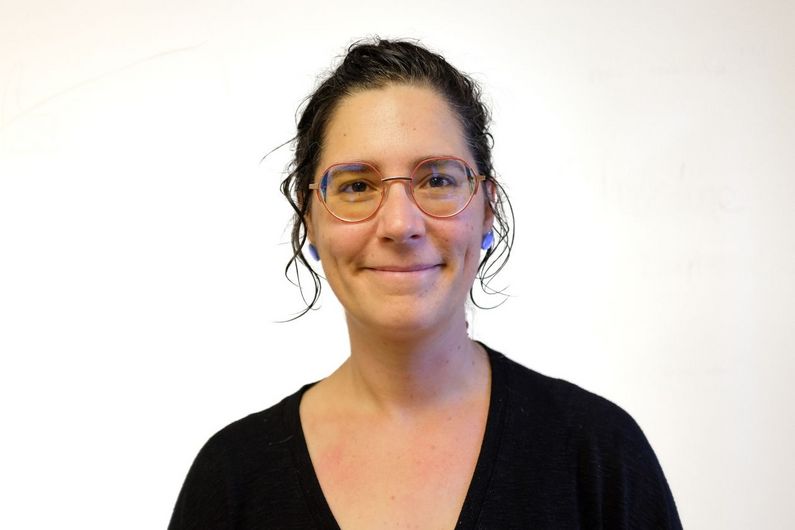Working with adults with substance-use disorders
- UdeMNouvelles
10/11/2023
- Virginie Soffer
Meet Myriam Beaulieu, a new professor at UdeM's School of Psychoeducation.
Psychoeducation usually applies to working with children and teens. But professor Myriam Beaulieu, who recently joined Université de Montréal's School of Psychoeducation, is interested in working with adults, especially those with complex needs like a chronic substance-use disorder.
As a former camp counsellor for people with disabilities, educator for autistic children and vulnerable young adults in a shelter, and at-home caregiver for people with disabilities and older adults experiencing a loss of autonomy, Beaulieu came to psychoeducation with a view to helping vulnerable adults.
“I prefer working with this population, approaching them as equal partners in an empowering framework," she said. "My role is to help them take a step back and think about their life choices while helping them achieve their goals.”
Interested in addictions
While completing her master’s in psychoeducation, Beaulieu interned at Lauberivière, a Quebec City-area shelter for the unhoused, and develop an interest in its addictions treatment program.
She went on to work as a psychoeducator at the Institut universitaire de santé mentale du Québec and saw there weren't many tools available to help her with her work. This led her to pursue a Ph.D., specializing in the trajectories and needs of people with chronic substance-use disorders and help them heal.
As a humanist, Beaulieu focuses her research on people's individual strengths and weaknesses. She wants to find out more about the specific characteristics of different rehabilitation trajectories, which are generally long, and about what recommendations to implement in each case.
“These individuals are often seen through the lens of their problems and vulnerability, and it’s true that they can have setbacks and fall off the wagon,” she noted.
“But despite the challenges they face, they gain skills and experience, and develop valuable qualities. The most obvious is perseverance, but they also need to be introspective, self-affirming and curious, and be able to step back and de-dramatize their situation.”
Knowledge gained by experience
Beaulieu is interested in what people learn from going through various therapies.
“The knowledge they gain helps them better face the issues and challenges that arise during the rehabilitation process. How do they get through withdrawal? How do they respond to a relapse? How do they deal with cravings?”
Beaulieu wants to know what addiction programs can do to tailor their services to people with substance use disorders.
“These are people with complex issues who have multiple mental health and addiction-related needs - some of them also have kids and have to deal with child protection services,” she pointed out.
“So these services have to be offered over the long term and support changes in the severity of their disease over time. Services should also be coordinated with other programs while taking each individual’s complex needs into account.”
As her research develops, Beaulieu intends to look at how to design, implement and assess pilot projects for CISSS-CIUSSS mental-health and addiction programs.
“Projects like these will help us answer important questions,” she said.
“How can we identify people who would benefit from long-term rehabilitation programs? Which indicators should we be looking at? What clinical and administrative strategies do we need to implement to help integrate services?”













